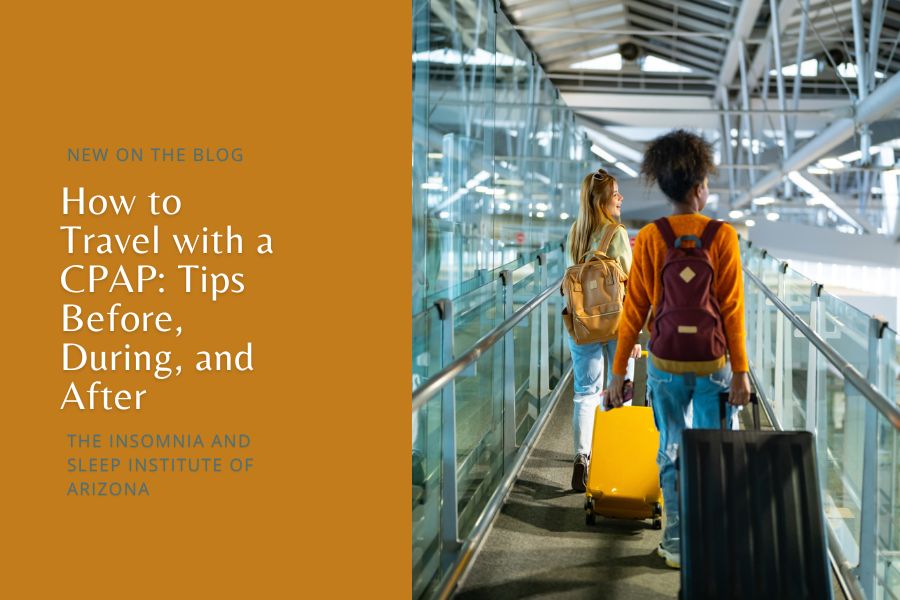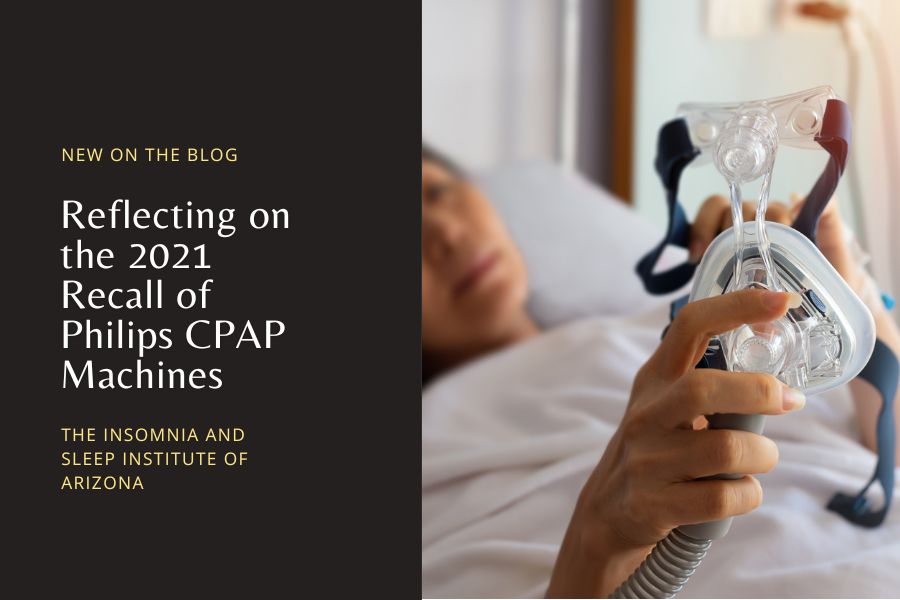Traveling with a CPAP machine doesn’t have to be overwhelming if you prepare properly. Skipping your sleep apnea therapy isn’t an option. Untreated sleep apnea significantly raises risks like heart disease and constant fatigue. Planning ahead makes all the difference, whether it’s a weekend travel trip or a long journey.
Before You Travel: Preparing Your CPAP for Air Travel and Transportation
A few strategic steps can ensure your CPAP device works seamlessly wherever you go, whether by plane, car, or train. Here’s how to get your travel CPAP ready:
Check Transportation and Flight Policies
CPAP machines are typically classified as medical devices, so they don’t count toward baggage limits. Always double-check with your airline to confirm their specific policy for CPAP travel. Ask if you’ll be able to use your standard CPAP during the flying experience for uninterrupted apnea CPAP therapy. Policies vary widely for air travel.
Pack Smart for CPAP Travel
Use a dedicated CPAP travel bag to protect your device. Include essentials like tubing, CPAP mask, and filters. Don’t forget spare CPAP accessories in case something malfunctions. Assure the bag is well-padded to prevent damage during transportation.
Bring CPAP Products Documentation
Carry your CPAP prescription and a doctor’s note. It helps answer any questions from TSA or airline staff and keeps your trip hassle-free.
Clean Your Device
A clean CPAP is a functional CPAP. Sanitize the CPAP masks, tubing, and humidifier chamber before packing to avoid carrying bacteria or mold. Use CPAP cleaning products for thorough results.
Consider Battery Pack for CPAP
Power interruptions can ruin your sleep. Invest in a portable battery pack or backup power supply compatible with your machine. Essential for destinations with unreliable electricity.
Understand TSA Guidelines for CPAP Machines
At security checkpoints, inform TSA officers you have a CPAP. It may need to be screened separately, so pack it where it’s easy to access. To avoid contamination, use a plastic bag for the device during inspection.
Preparation matters. Every step helps keep your therapy consistent and hassle-free. Smart planning protects your sleep and your health.
During Your Travel: Using Your CPAP While Traveling
Missing a night of proper treatment isn’t worth the risks or discomfort. Follow these steps to keep your CPAP routine seamless, no matter where your travel takes you.
Secure Power for Your CPAP
Always confirm the availability of power at your destination before arriving. If you’re staying in a hotel, call ahead to check whether they can provide outlets near the bed. For international travel, pack the correct power adapters or converters for your CPAP machine to function safely.
Set Up Properly Each Night
Whether you’re in a hotel, an RV, or a family guestroom, take a few minutes to recreate your home sleep setup. This includes connecting the tubing, ensuring your mask fits snugly, and filling the humidifier (if applicable).
Watch for Environmental Differences
Humidity, altitude, and air quality vary by location and can impact your CPAP’s performance. Many modern CPAP machines automatically adjust to altitude. Verify this feature in your device. Consider a travel CPAP designed to handle such variables seamlessly.
Stay Mindful of Hygiene
Travel often exposes you to new germs. Rinse your mask and tubing with clean water daily to prevent bacteria buildup. Bring CPAP-safe cleaning wipes for quick sanitization on the go.
After Your Trip: Caring for Your CPAP Post-Travel
Coming home is no time to slack on your CPAP care. Keeping up with post-trip maintenance ensures your device stays in top shape. Proper care now means your CPAP will be ready when it’s time for your next journey.
Inspect Your Machine for Damage
Examine your CPAP, tubing, mask, and humidifier chamber for any cracks or wear. Travel can be tough on equipment. Look closely for signs of strain. Replace damaged parts immediately to maintain therapy quality.
Thoroughly Clean Your Equipment
Deep cleaning is necessary after exposure to unfamiliar environments. Disassemble the machine and clean each component using CPAP-approved solutions. Pay extra attention to the mask and humidifier. These areas are prone to contamination.
Replace Disposable Components
Filters and mask cushions often need replacing more frequently when traveling. Check your filters for dirt or debris. Swap them out if necessary. Disposable supplies are inexpensive but critical for effective therapy.
Store It Properly
If you don’t use your CPAP every night or travel infrequently, ensure it’s stored in a clean, dry location. Avoid extreme temperatures or high humidity, as these conditions can damage sensitive components.
Monitor Performance
Even if your CPAP appears fine, monitor its performance in the days following your trip. Watch for unusual sounds, reduced airflow, or error messages on the screen. These can signal internal issues requiring professional attention.
What If Your CPAP Malfunctions During Travel?
Knowing how to handle unexpected issues while traveling ensures minimal disruption to your therapy. Here’s what you should do:
Identify the Issue
Start by troubleshooting your CPAP. Common problems include loose tubing, blocked filters, or mask leaks. If your machine displays an error code, consult the manual for guidance. Most issues can be resolved quickly with simple adjustments.
Utilize Backup Supplies
Always pack spare parts, such as an extra mask, tubing, and filters. A backup power source, like a portable battery, can save the night if you lose access to electricity. These items ensure you’re prepared for common malfunctions.
Reach Out to the Manufacturer
CPAP manufacturers often provide 24/7 support lines and online troubleshooting resources. Expert teams are ready to assist with complex repairs or technical issues. Help is also available if replacement parts are required to keep your therapy on track.
Locate a Medical Equipment Supplier
If your CPAP is beyond repair, look for a local supplier at your destination. Many providers offer rental options or expedited repairs. Carrying your CPAP prescription will make the process smoother.
Consider Alternative Therapies Temporarily
Elevating your sleeping position can help reduce airway obstruction and ease symptoms. Not a permanent fix, but it offers relief in a pinch. Use this as a temporary measure until your CPAP is up and running again.
Consider a Travel-Specific CPAP Machine
For frequent travelers or those who prefer to pack light, a portable CPAP machine can be a game-changer. These compact devices are designed specifically for travel, offering the same therapeutic benefits in a smaller, lightweight package. Many travel CPAPs feature automatic altitude adjustment and built-in batteries, making them ideal for road trips, flights, and destinations with unreliable power.
Need Help with CPAP During Your Travel? Contact Us!
The Insomnia and Sleep Institute of Arizona provides expert care for sleep disorders, including sleep apnea. We offer CPAP supplies, and guidance to help patients maintain effective therapy, even while traveling.
Board-certified specialists provide personalized sleep solutions. Advanced technology and a patient-first approach ensure seamless care. From new devices to travel CPAP options, we make sleep management simple.
Let us help you achieve consistent, restful sleep. Contact us today to get started!








